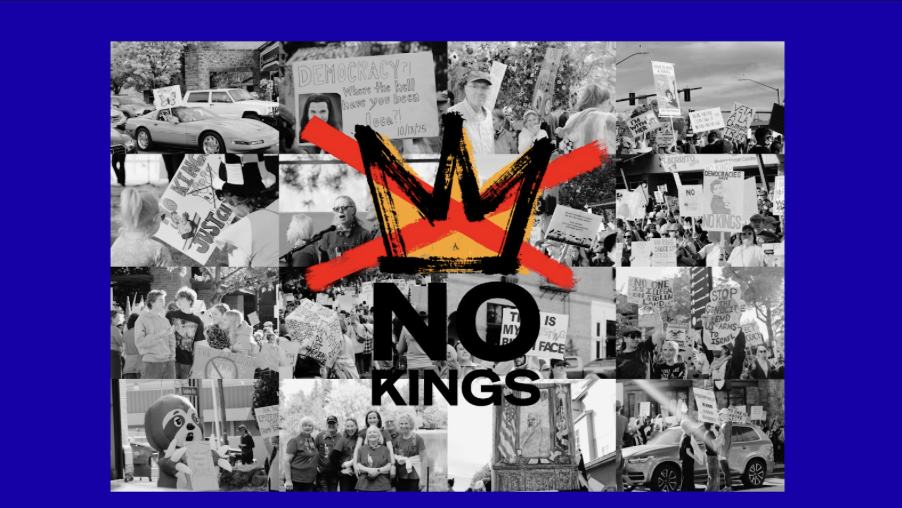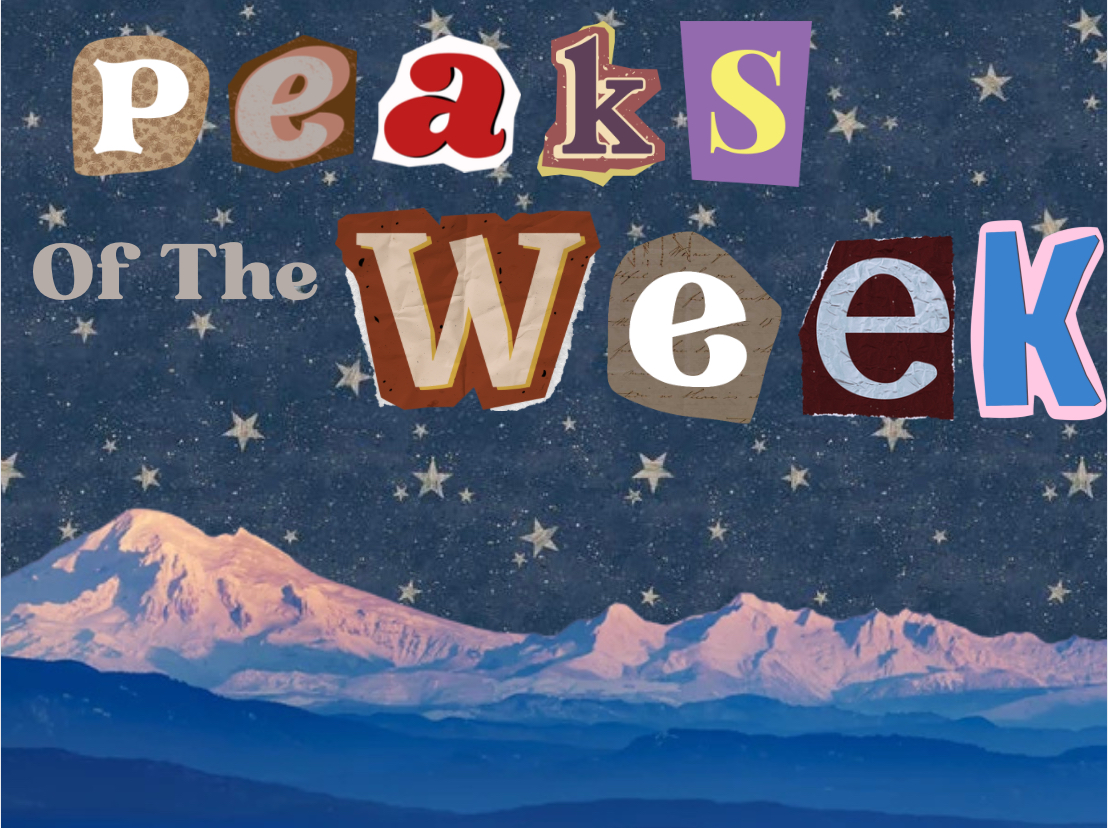Targeted Victory and TikTok Trends
Facebook Partners With Republican Consulting Firm To Campaign Against TikTok
TikTok, the short-form media platform owned by Beijing-based ByteDance, is recognized as the most downloaded app of 2021. While it is loved by young users for its unique content, there has been increasing public concern as a result of dangerous trends such as the “Devious Lick”.
Beginning in September of 2021, Devious Lick was a viral TikTok challenge in which students would post a video of themselves vandalizing or stealing items from their schools, particularly from bathrooms. The trend resulted in property damage and led to the arrests of upwards of 20 students across the United States. Allegedly, the trend spread briefly to schools in Canada, Latin America, the UK, Germany and Australia.
Although the trend was short-lived, the response was massive; school administrations involved law enforcement in an attempt to deter students. Meanwhile, public opinions regarding TikTok became heated. Some politicians and internet moralists called for the ban of the platform in the United States as a whole.
In late December, news outlets were drawn to TikTok in order to bring attention to what appears to be a new and dangerous trend; the “Slap A Teacher” challenge, which encourages students to physically assault teachers. School districts in various states, namely Hawaii, California, and Alabama, warned unions and educators alike about the potential threat.
“As if widespread vandalism in our schools last month wasn’t enough, the same ‘challenge’ circulating on social media networks TikTok and Twitter is now calling for students to slap a staff member.” Said the California Teachers Association in a memo posted to their page.
The problem? So far, there is no evidence that this trend exists.
In late March, the Washington Post publicized emails that revealed that this new “trend” is part of a campaign stemming from Meta, the parent company of Facebook and Instagram. The corporation is partnered with Targeted Victory, a right-of-center marketing agency known to primarily advertise public affairs and reputation management. According to staff letters, Meta has been using the backlash from the Devious Licks challenge to promote stories about TikTok trends. Allegedly, the “Slap A Teacher” trend originated on the Facebook Platform.
Authors Taylor Lorenz and Drew Harwell, Technology and Algorithm specialists theorize in a Washington Post article that Meta’s goal is to undermine TikTok as its rival. According to data from a CNBC and Forrester report, 63% of Americans aged 12-17 use TikTok on a weekly basis, compared to Instagram with 57%. Overall, it has outranked usage of both Facebook and Instagram by 2-3x in young consumers, and its success has indirectly caused the popularity of Facebook to plummet. By bringing negative public attention to TikTok, the campaign could deflect attention from Facebook’s current antitrust concerns.
According to BBC, Meta employed a similar tactic against Google in 2011, criticizing their privacy practices as the corporations clashed regarding shared data. While the issue was eventually settled, the corporate altercation is resurfacing amidst new coverage. On March 30th, Meta spokesperson Andy Stone defended the current Anti-TikTok sentiment in an interview,
“We believe all platforms, including TikTok, should face a level of scrutiny consistent with their growing success,” said Stone. Targeted Victory has been open regarding its operations in an additional statement released by the firm’s CEO, Zac Moffatt, on March 30th.
“We have represented Meta for several years, and are proud of the work we have done,” said Moffatt, “We need to get the message out that while Meta is the current punching bag, TikTok is the real threat, especially as a foreign-owned app that is #1 in sharing data that young teens are using.”
It is hard to determine the outcome of this campaign or whether there is more controversy coming. Corporate rivalry is shifting further into the public eye, catching a degree of international attention. For now, social media users should pay attention to the content on their favorite platforms and where it may be coming from.



































